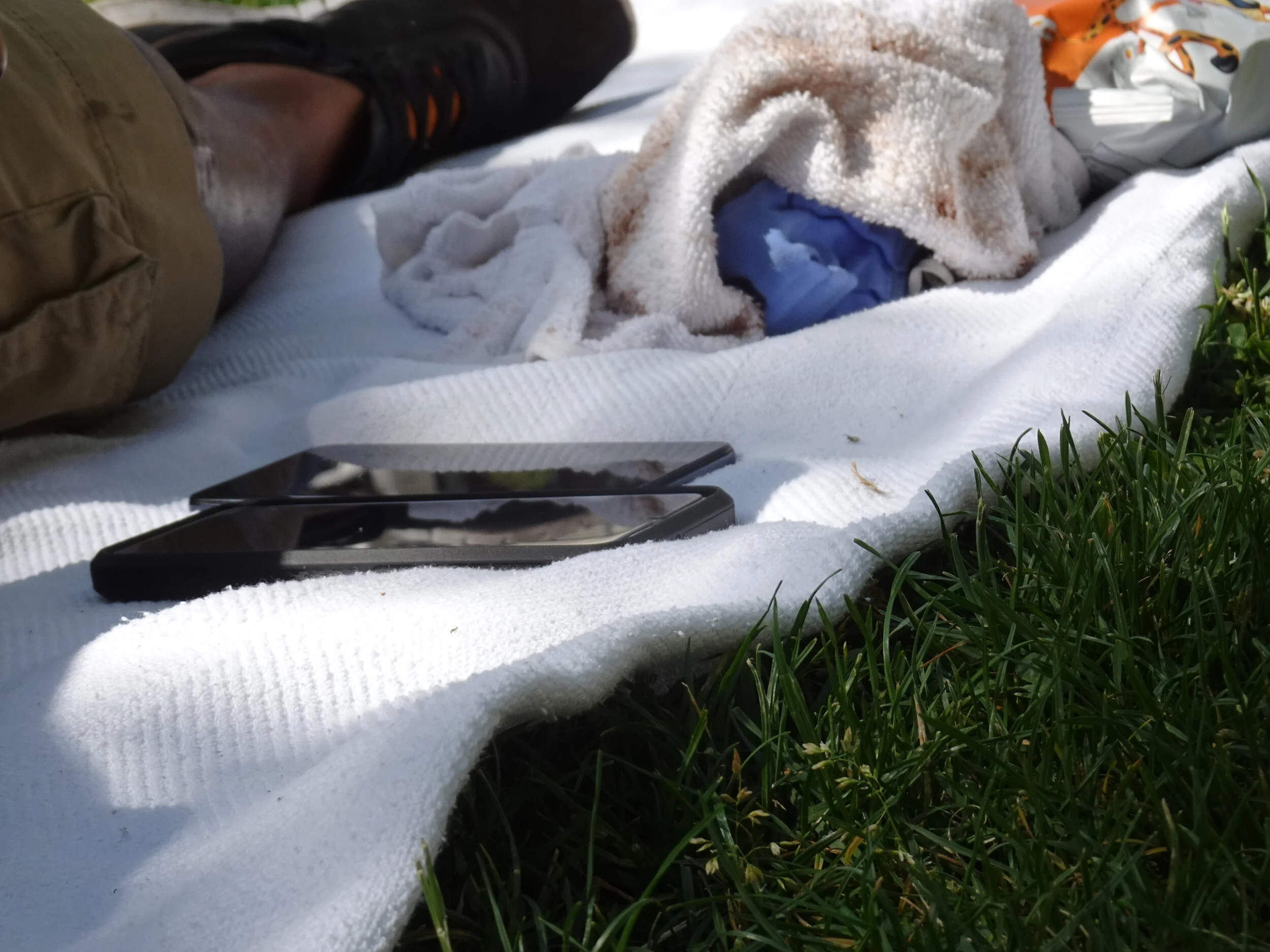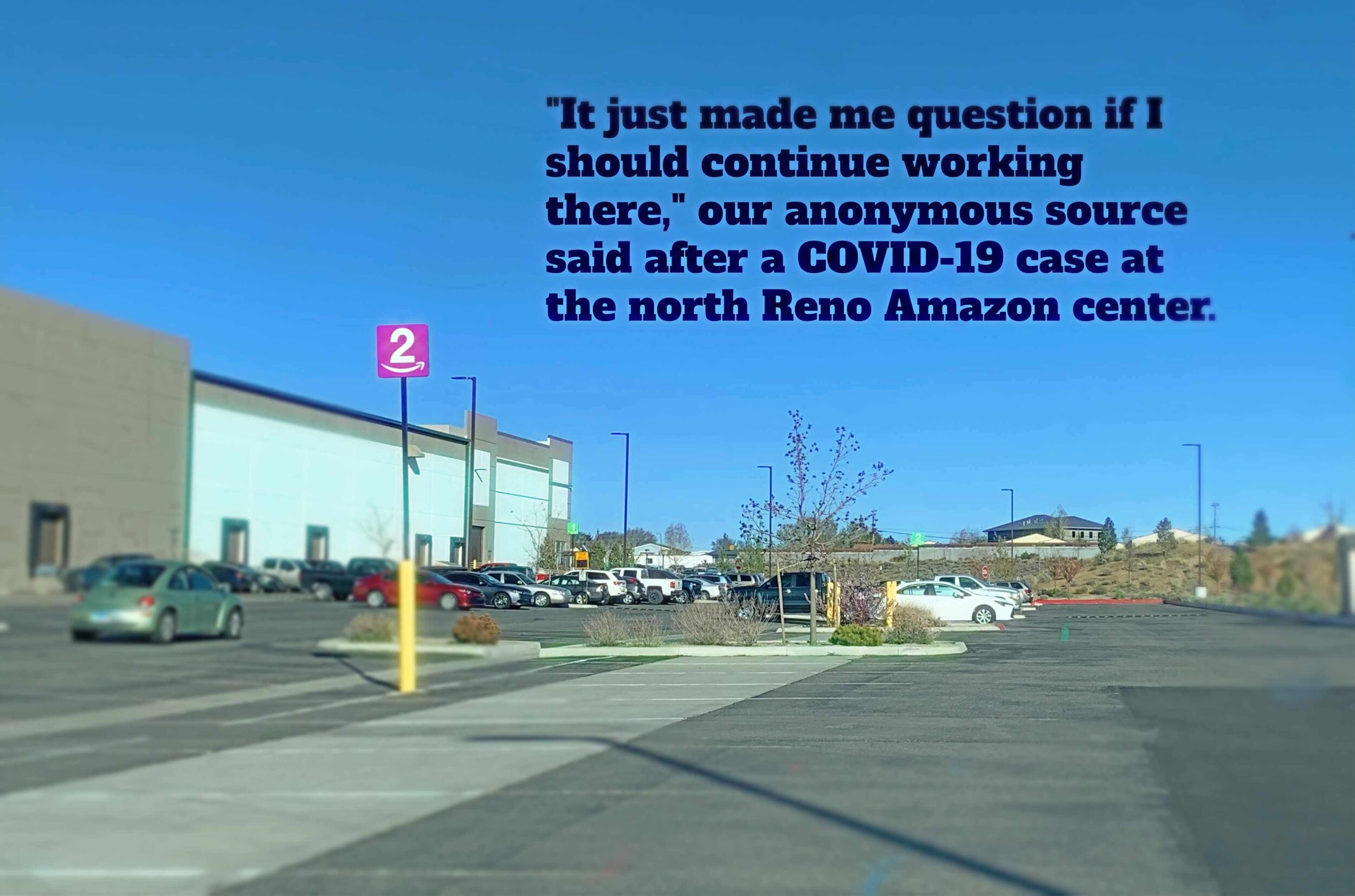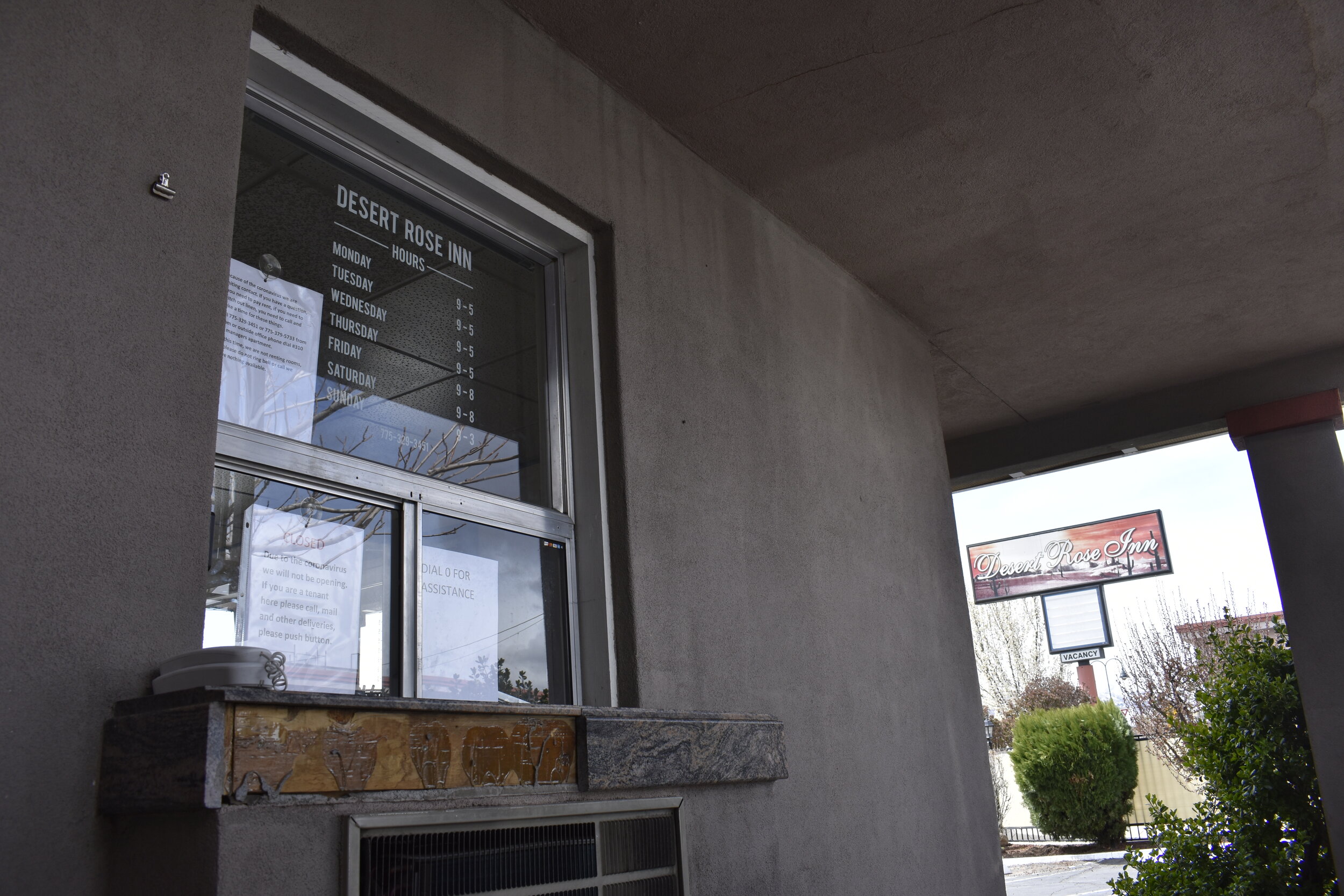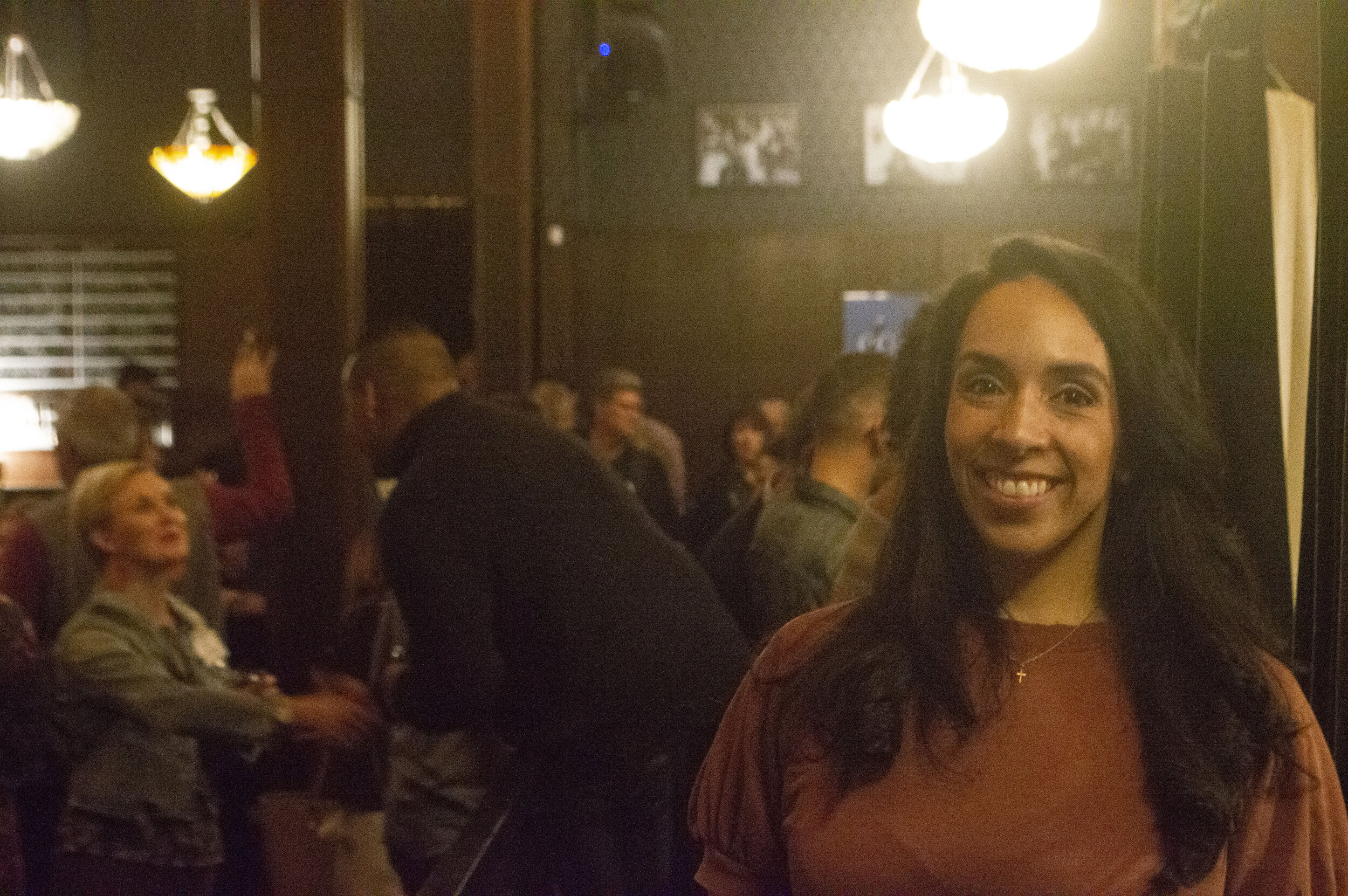Late Surge of Notoriety and Channeling a New Movement
After Joe Moskowitz took part in Black Lives Matter rallies in Reno in late May and early June, including speaking to large crowds, his name and progressive positions started appearing on local Facebook posts and Reddit threads. But with the mostly mail-in process due to COVID-19, it was very late in the game for both himself and another outsider candidate Michael Walker. Both were trying to get past the two favorites, incumbent Devon Reese and previous mayoral candidate Eddie Lorton, for a top two spot in the decisive November election.
“The first early mailing for both Mr. Walker and I, I think those were largely dart throwers. This guy, I don't know,” Moskowitz said of those who might have voted for him by mail early. “He's not one of those two guys.”
After the rallies, he says he started getting emails, and hundreds of hits on his campaign website. What hurt him, he says, was how media ignored his candidacy. Due to the pandemic, he relied mostly on Facebook advertisements.
“I couldn't get out of my own door,” he said in an interview with Our Town Reno last week. “It seemed I couldn't get any publicity. I don't have any money. The TV stations, that was the strangest thing, that when I had a problem with signs being stolen and I emailed KOLO a couple of times, because I thought they might be the most receptive of news stations … no response at all.”
He said the campaign team for Reese and Lorton himself tried to get him to back out of the race, to ensure they would make it to the run-off in November. “Nobody wanted this X factor, this unknown in the race,” he said.
Moskowitz says he’s been newly re-energized by the young activists of the Black Lives Matter movement in Reno.
A Belief in Controlling Rents and Ending Urban Sprawl
Moskowitz says he believes in rent control, and that’s what he’ll continue pushing for.
“This is absolutely required,” he said in our interview. “Here's my basic argument. If you get water and you get electricity, when either provider wants to raise your bill, they have to go through a series of hearings. They have to justify it, such as with cost of living adjustments…. So why shouldn't the home be protected?”
Ending urban sprawl is another of his important priorities. “You rebuild what you have. You repurpose it,” he said of the approach Reno should take.
He said on the flip side, relying on gambling or on hi-tech companies based 30 miles away in another county might not be the best of approaches.
“I've lived all over America in some pretty desirable places. And you have so much here, it's jaw dropping the things that you have here. It's just you don't even notice it because it's so common place. This is an amazing part of the world, amazing historically, geologically. It's just so damn beautiful,” he said, of why he remains confident in Reno’s future, while at the same time seeking to channel current activism into fairer social and economic progress he says he is calling the Believe Movement.














![“There's a lot of land [on the campus],” Castro said. “So we hope to have gardens and have areas where people can do art therapy, music therapy, and garden therapy. There's also an area for service animals so people don't have to abandon their compa…](https://images.squarespace-cdn.com/content/v1/5675d221cbced60a236e28b8/1589905325991-JO1P66EVG0KJ099DY1C5/Our_Place.jpg)



















![“I think [Sisolak's moratorium on evictions] is just not enough. I don't think it actually provides support to families that are waiting for their unemployment," Rose said.](https://images.squarespace-cdn.com/content/v1/5675d221cbced60a236e28b8/1587930743604-YMQW5V1AD6SF7WWOW31N/Flyer.JPG)
















!["I'm trying to do the best that I can to make [the residents] see that this isn't their fault,” Lacy Foster said of the current economic downturn. She has been the manager of the Desert Rose Inn for the past eight years, and a tenant there herself.](https://images.squarespace-cdn.com/content/v1/5675d221cbced60a236e28b8/1586720201185-2TRMVCZTAZIWPQ559E6N/lacy.png)







